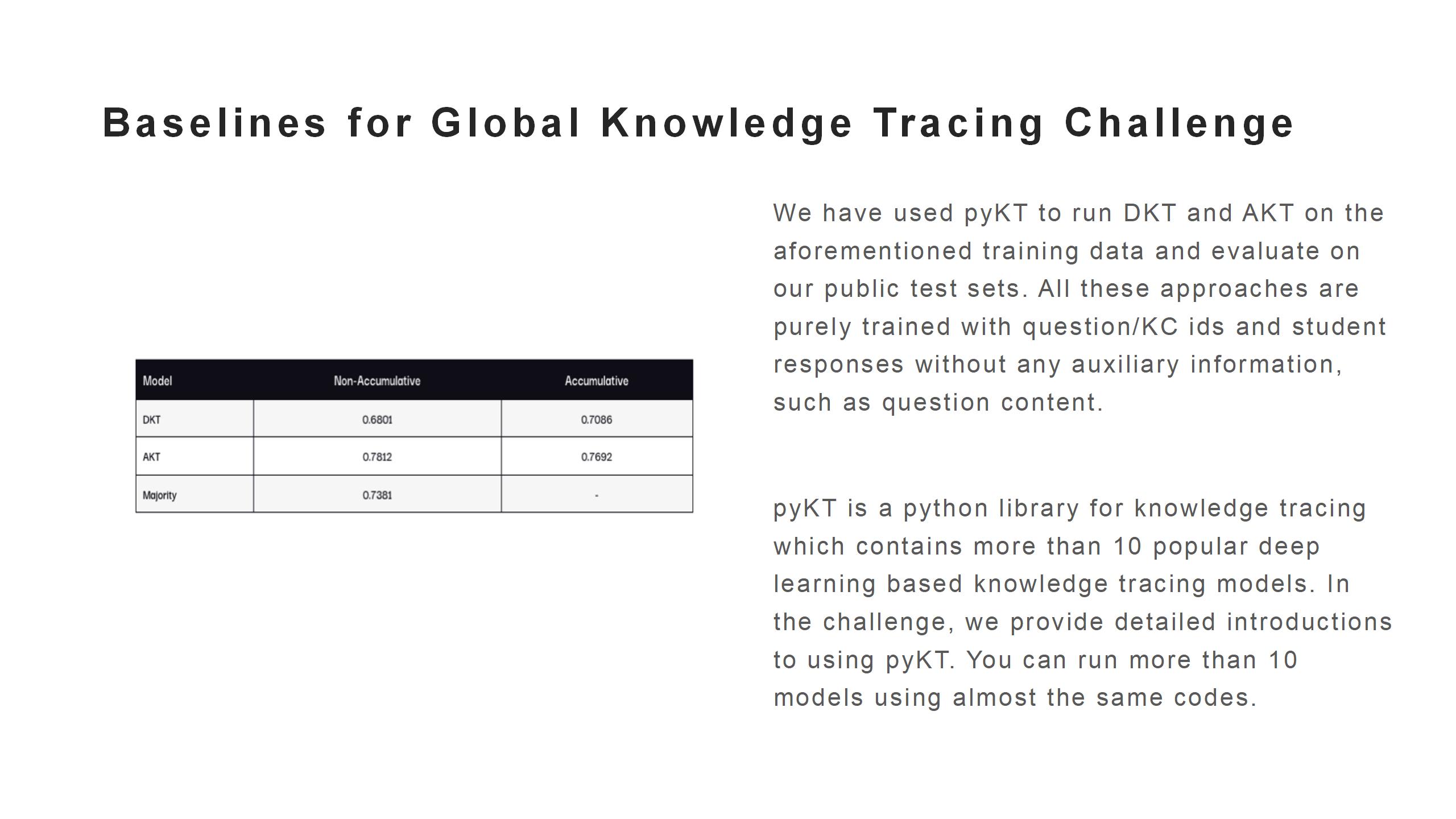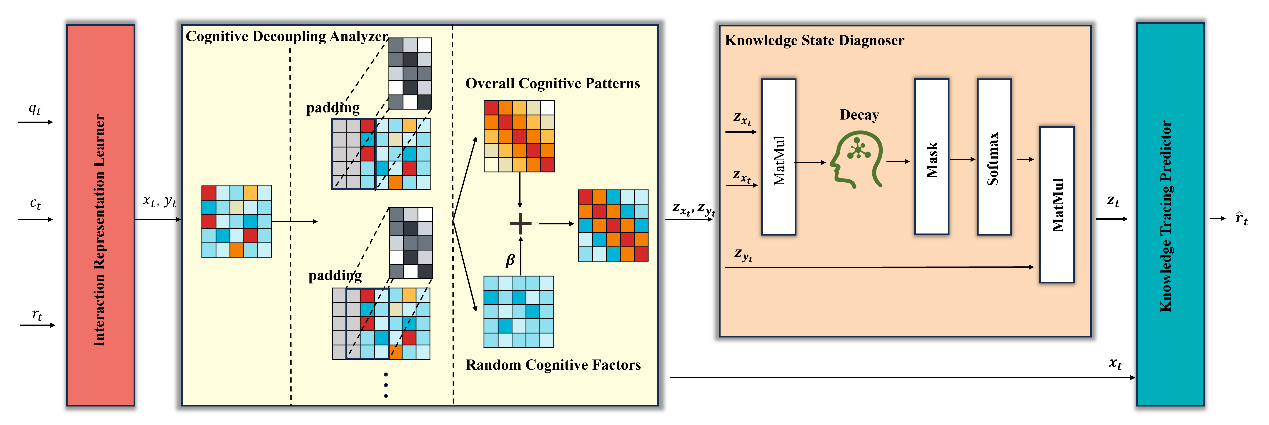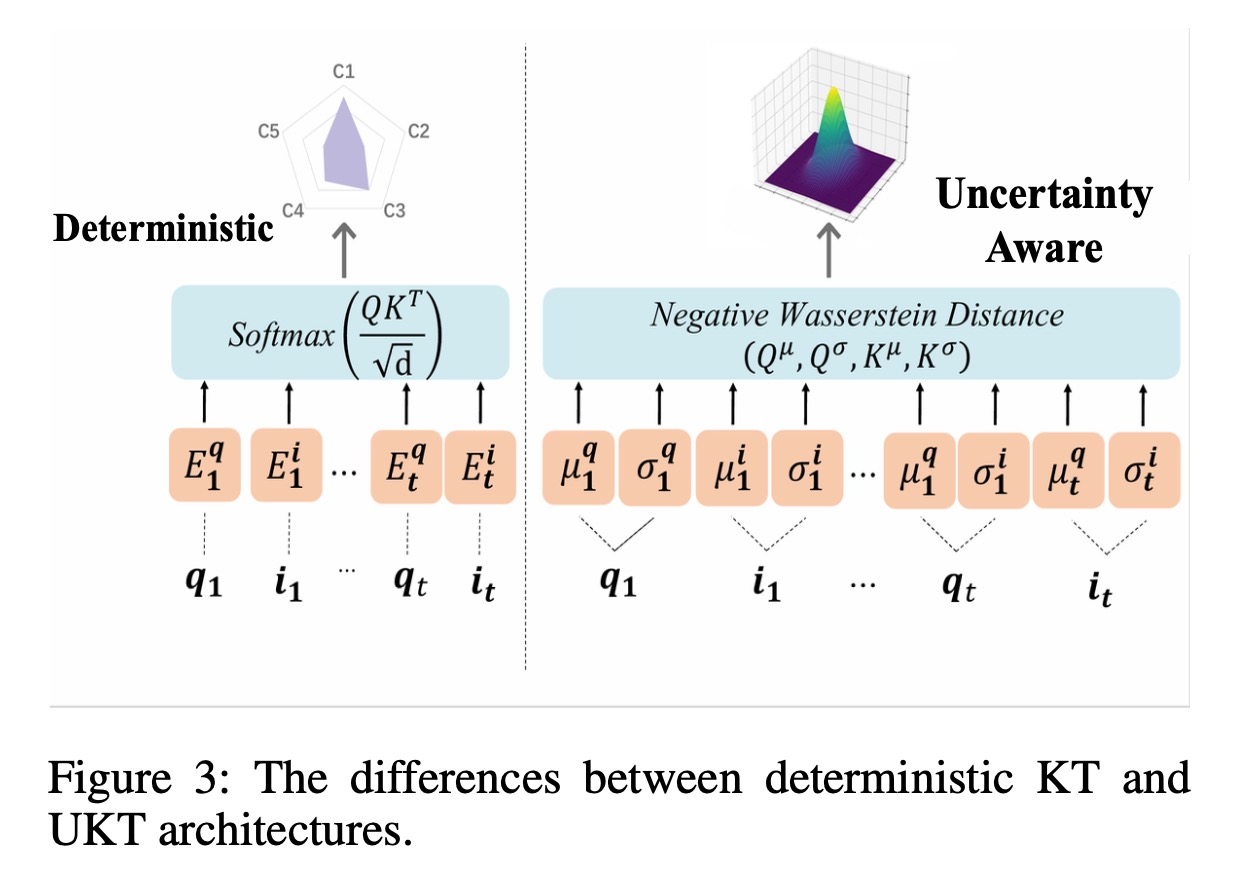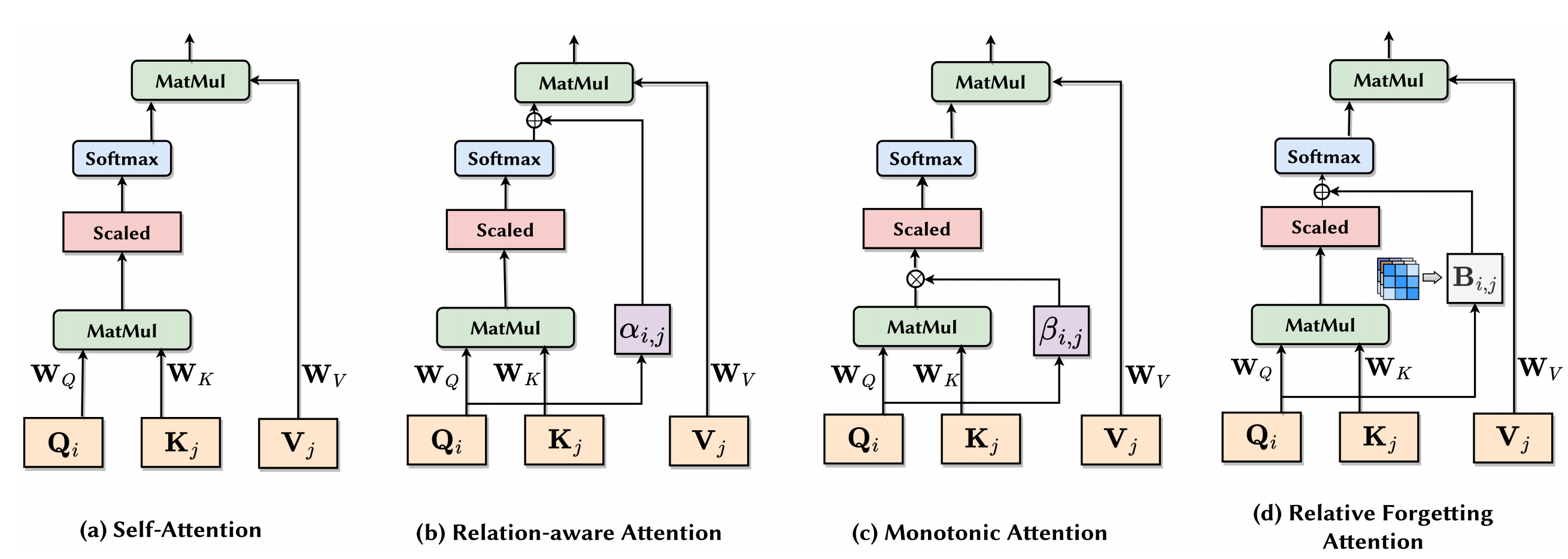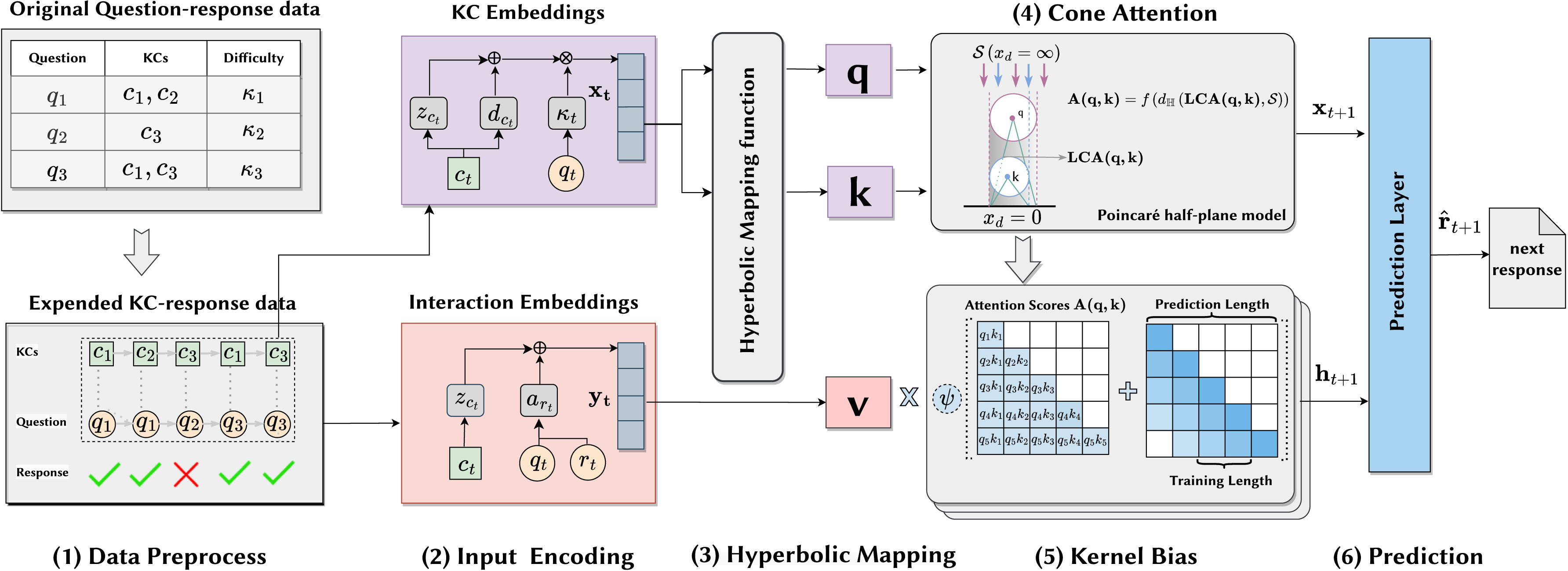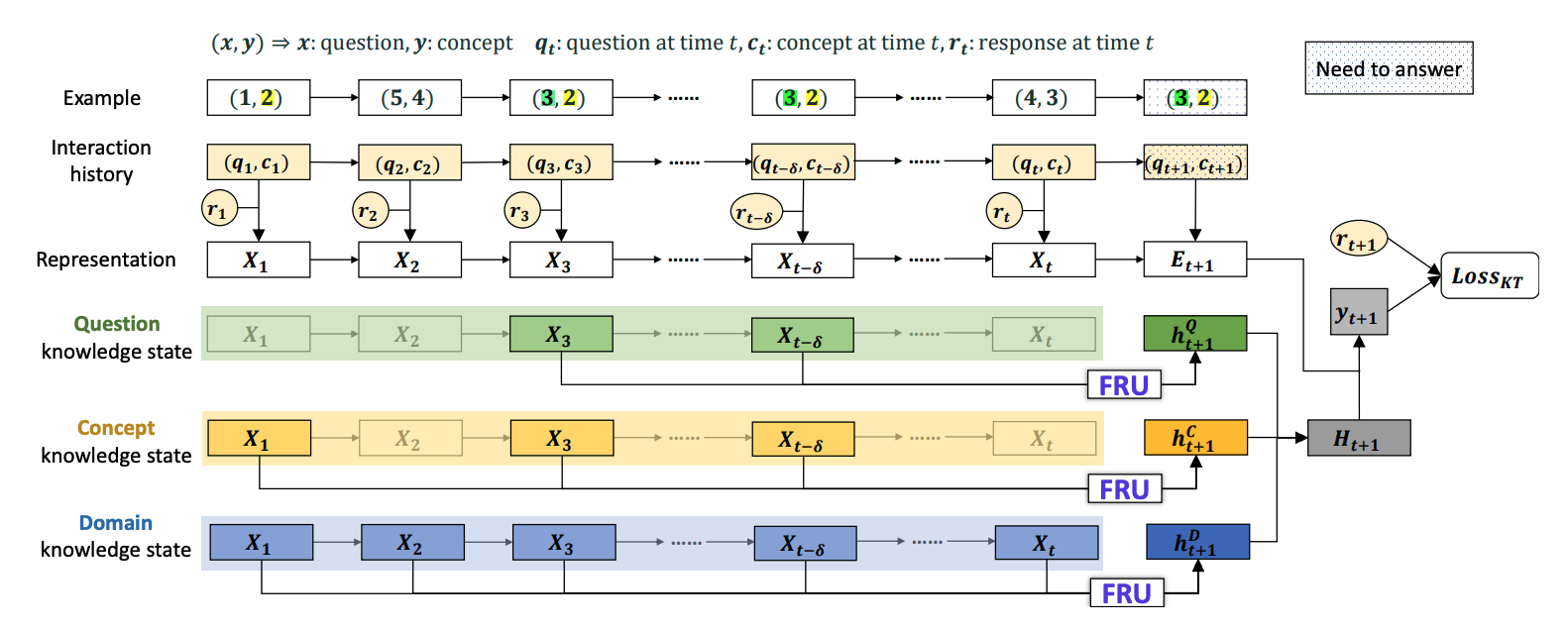Baselines for Global Knowledge Tracing Challenge
We have used pyKT to run DKT and AKT on the aforementioned training data and evaluate on our public test sets. All these approaches are purely trained with question/KC ids and student responses without any auxiliary information, such as question content. The results are used as baseline results for this competition:
| Model | Non-Accumulative | Accumulative |
|---|---|---|
| DKT | 0.6801 | 0.7086 |
| AKT | 0.7812 | 0.7692 |
| Majority | 0.7381 | - |
Practically, there are two different approaches, i.e., accumulative prediction and non-accumulative prediction. The accumulative prediction approach uses the last predicted values for the current prediction while the non-accumulative prediction predicts all future values all at once. Details are discussed in the pyKT paper 1.
pyKT is a python library for knowledge tracing which contains more than 10 popular deep learning based knowledge tracing models. In the challenge, we provide detailed introductions to using pyKT. You can run more than 10 models using almost the same codes.
Codes and detailed instructions can find in here.
You can find the dataset download link here
-
Liu, Zitao, et al. “pyKT: A Python Library to Benchmark Deep Learning based Knowledge Tracing Models.” Thirty-sixth Conference on Neural Information Processing Systems Datasets and Benchmarks Track. ↩

